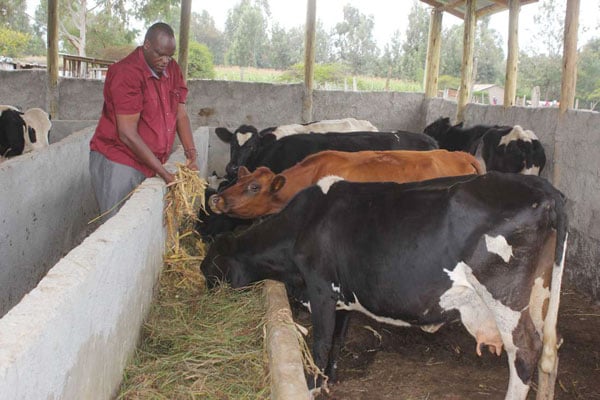Parliament’s agriculture committee has recommended a minimum sentence of six years in jail for individuals involved in the production of animal feeds who fail to obtain formal approval for their storage facilities. This stern measure is outlined in the committee’s report on the Animal Feeds Bill, 2023, which aims to regulate various aspects of animal feed production, importation, exportation, and marking.
During a session on Tuesday, Janet Okori-moe, the committee’s chairperson and Abim Woman MP, presented the findings to the House. The Animal Feeds Bill, 2023, was introduced in Parliament the previous October to establish a legislative framework for implementing the Animal Feeds Policy. One of the key provisions of the bill is the requirement for individuals intending to store, sell, or produce animal feeds to seek approval from a designated committee for their premises.
According to Okori-Moe, applicants must submit a request for approval along with the necessary fees, and upon satisfying the committee’s criteria, a certificate of approval is issued for the specific premises. Failure to obtain approval can result in severe penalties, including a fine of up to 500 currency points (equivalent to approximately sh10m) or a maximum prison term of six years, or both.
The committee’s investigations revealed that many premises involved in animal feed businesses are operating without proper registration, with some being multi-purpose or lacking clarity in their operations. Responding to concerns about accessibility in remote areas, Bright Rwamirama, the state minister for animal husbandry, suggested delegating approval responsibilities to local government representatives or extension workers.
In response to proposed penalties for non-compliance, Bugiri municipality MP Asuman Basalirwa recommended deregistering entities found to be violating the regulations. However, Attorney General Kiryowa Kiwanuka urged caution, suggesting that citizens should be given time to familiarize themselves with the law before stringent measures are enforced.
Highlighting the potential health risks associated with contaminated feeds, Kimaanya-Kabonera division MP Abed Bwanika emphasized the importance of considering the impact on both animals and humans. Meanwhile, Aimable Mbarushimana, chairperson of the Uganda Animal Feeds Manufacturers Association, expressed support for the proposed law, emphasizing its role in promoting the production of safe and nutritious animal feeds while enhancing industry competitiveness at both regional and international levels.




















